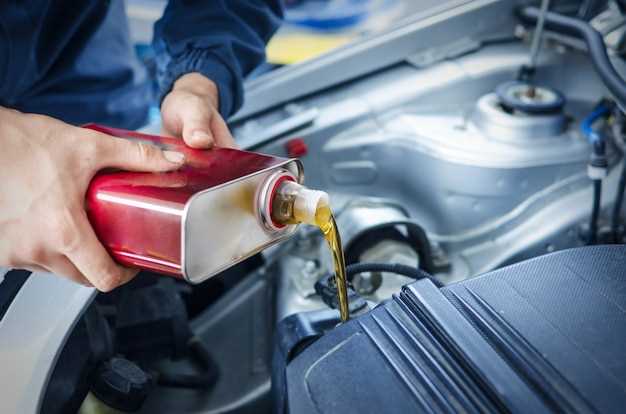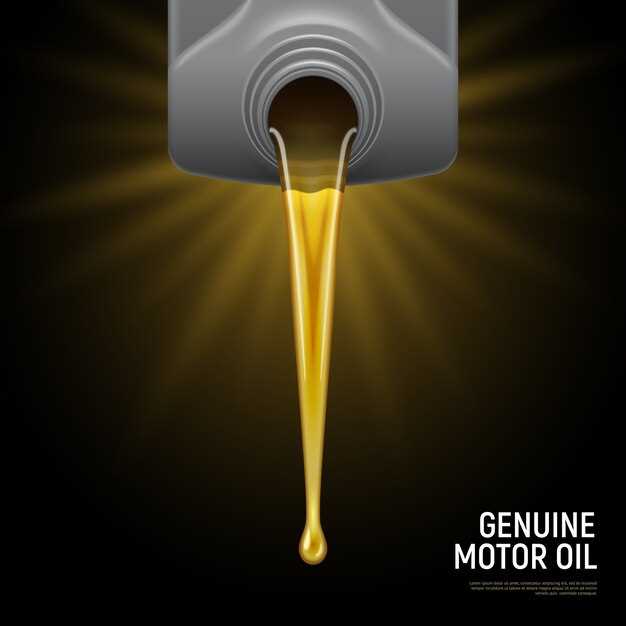
Racing is an exhilarating sport that demands precision, performance, and a keen understanding of one’s vehicle. One of the most critical aspects of ensuring a smooth and successful racing experience is the maintenance of key fluids. Proper fluid levels not only enhance the overall performance of the car but also play a significant role in ensuring safety on the track.
Before hitting the racetrack, it is essential to check various fluids that can significantly influence your vehicle’s performance. Engine oil, coolant, brake fluid, and transmission fluid are just a few of the vital components that require careful attention. Each of these fluids serves a particular function, from lubrication to temperature regulation, and any deficiency can lead to serious mechanical issues and hamper your racing potential.
Equally important is the post-race analysis, where inspecting these same fluids can provide insights into the vehicle’s health and performance. After a race, checking for fluid leaks, changes in oil viscosity, and the condition of coolant can help identify any problems that may have arisen during the high-pressure environment of racing. Ensuring that these fluids are in optimal condition before and after racing is a critical practice for every serious racer.
Understanding Engine Oil Levels and Quality

Engine oil plays a crucial role in maintaining the performance of a vehicle during racing. Regularly checking oil levels is essential to ensure optimal lubrication, reducing friction, and preventing engine wear. An inadequate oil level can lead to overheating and potential engine failure, directly impacting racing outcomes.
It is important to not only monitor the quantity of engine oil but also its quality. Over time, oil degrades due to heat and contamination, losing its effectiveness. Contaminants such as dirt, metal particles, and combustion by-products can compromise the oil’s protective properties, affecting the engine’s performance.
Conducting an oil analysis can provide insights into the oil’s condition and any underlying issues within the engine. This analysis can detect wear patterns and suggest whether the oil needs changing or if further maintenance is required. Race teams often rely on these insights to fine-tune their vehicle’s setup and ensure peak performance on the track.
Always use oil that meets or exceeds manufacturer specifications for your engine type. High-performance vehicles often require synthetic oils designed for extreme conditions, providing better lubrication and stability under racing environments. Regularly replacing and changing the oil ensures the engine operates efficiently, especially during high-stress racing periods.
Evaluating Coolant System Performance

The coolant system is vital for maintaining optimal engine temperatures during racing events. Assessing its performance involves checking several key fluids to ensure no overheating occurs. Primarily, the coolant itself must be evaluated for its composition, freezing point, and boiling point. A proper coolant mixture not only prevents freezing in cold conditions but also avoids boiling over during high-performance scenarios.
Secondly, inspect the coolant level in the reservoir and ensure it meets the manufacturer’s specifications. An insufficient level can lead to air pockets, reducing the system’s efficiency. Additionally, examine the coolant for signs of contamination, such as rust or oil, which may indicate a leak or failure within the system.
Radiator performance is another critical aspect. Ensure that the fins are clean and free from debris. Blocked airflow can significantly hinder cooling capabilities. Flushing the radiator before a race can help eliminate any buildup that might affect fluid flow.
Next, assess the condition of hoses and clamps. Any signs of wear, cracking, or loose connections should be addressed immediately. Damaged hoses can lead to leaks, while loose clamps may result in fluid loss during high speeds.
Lastly, consider evaluating the water pump’s functionality. A failing pump may not circulate fluids effectively, leading to inconsistent engine temperatures. Regular checks will help identify potential issues before they escalate into serious problems during a race.
Monitoring Brake Fluid for Safety and Responsiveness
Brake fluid plays a critical role in the overall safety and performance of a vehicle, especially in racing conditions. Ensuring that this fluid is at the proper level and in good condition is essential for optimal braking performance. Regular monitoring of brake fluid can prevent brake failure and enhance the vehicle’s responsiveness during high-speed maneuvers.
One of the key aspects of brake fluid is its hygroscopic nature, meaning it absorbs moisture from the environment over time. This moisture can lead to reduced boiling points, resulting in vapor lock and compromised braking power. It is vital to check the brake fluid regularly, particularly before races, to confirm it remains within the manufacturer’s recommended specifications.
Drivers should look for changes in the fluid’s color and consistency; clean fluid typically appears clear or light amber. If the fluid looks dark or contaminated, it may be time for a change. Additionally, testing the fluid for moisture content using a brake fluid tester can provide accurate insights into its condition. A fluid with a moisture content of more than three percent should be replaced to ensure safety and reliability on the track.
Even after a race, it is crucial to inspect the brake fluid. The intense heat generated during racing can accelerate the deterioration of brake fluid, leading to decreased performance. Post-race checks can uncover any potential issues before the next racing event. Proper maintenance of brake fluid not only enhances safety but also promotes confidence in the vehicle’s braking system, allowing drivers to focus on their performance during fast-paced competition.






